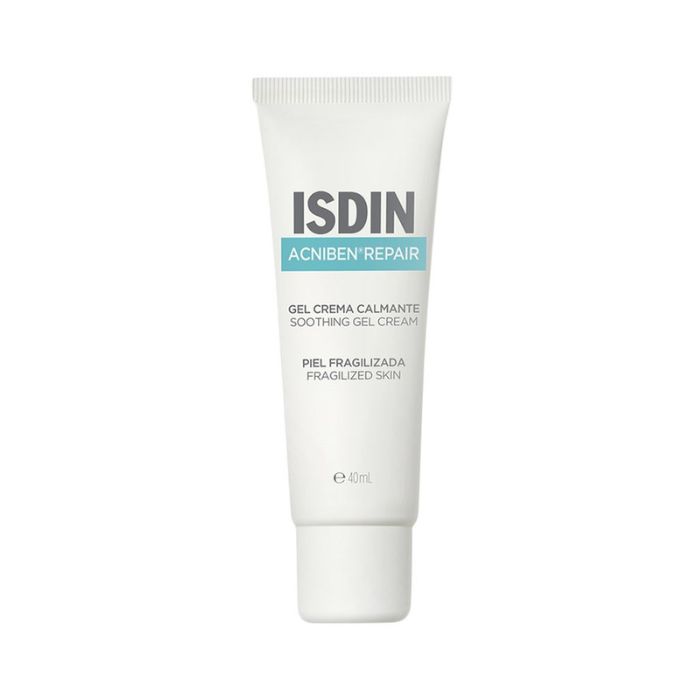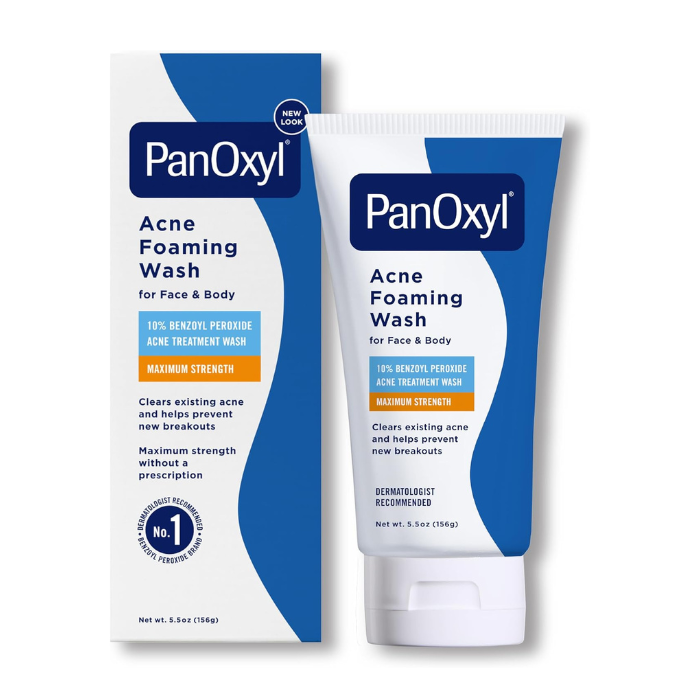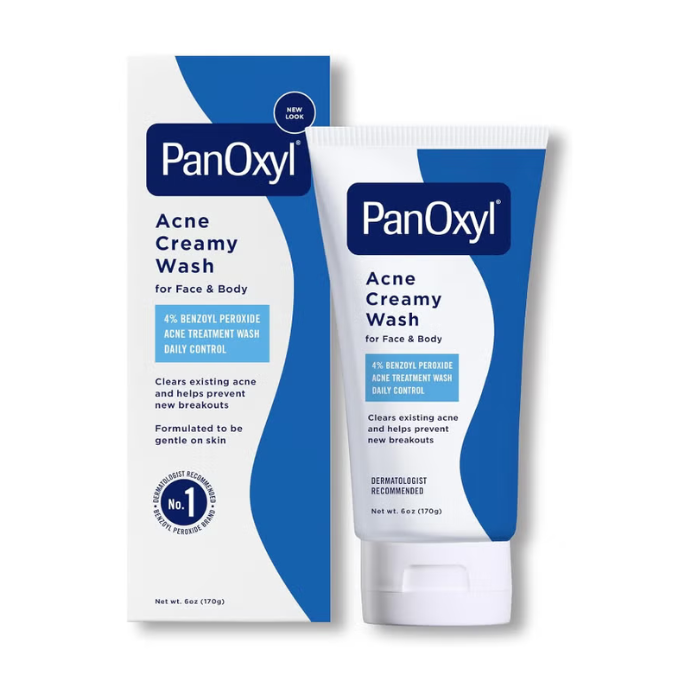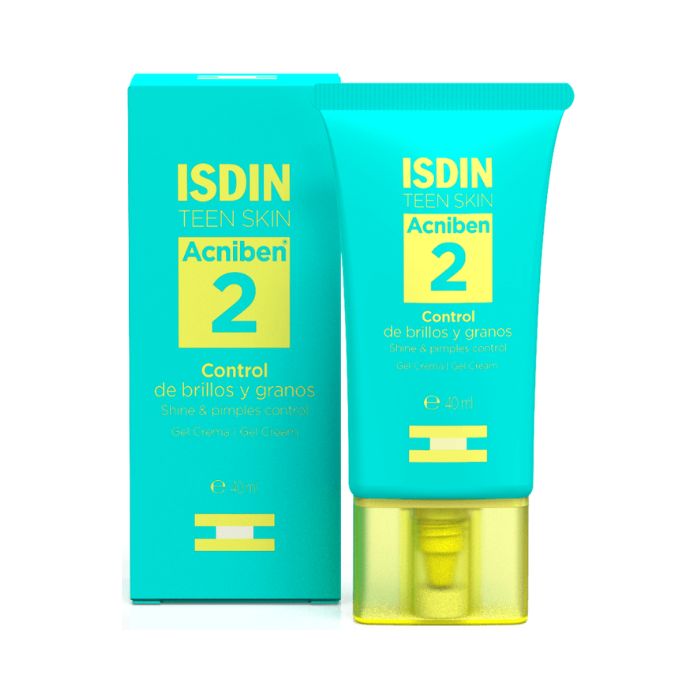
Acne in UAE
(Showing 20 of 73)
PanOxyl Acne Foaming Wash - Maximum Strength 10% Benzoyl Peroxide Cleanser for Face, Chest & Back Acne 5.5oz
(81)
30 mins
AED 34.91
68.25
Cetaphil PRO Acne-Prone Skin Foam Wash – Gentle Cleanser for Oily & Acne-Prone Skin 235ml
(145)
30 mins
AED 110.25
Code : Extra10 | Min. Order AED150
Code : Extra10 | Min. Order AED150
Code : Extra10 | Min. Order AED150
Acne
Preventing acne is always better than having to treat it. If you're looking for ways to keep your skin clear and prevent breakouts, there are plenty of products and strategies that can help. Here are some tips on how to prevent acne and achieve healthy, glowing skin:
1- Establish a Skincare Routine
One of the most important things you can do to prevent acne is to establish a consistent skincare routine. This means cleansing your skin twice a day, using a gentle cleanser that is suitable for your skin type. A good rule of thumb is to use products that are non-comedogenic, meaning they won't clog your pores. Brands such as Aderma, Avene, and Cetaphil are all known for their gentle, effective skincare products that can help prevent acne.
2- Use a Toner
In addition to cleansing, using a toner can help balance your skin's pH and remove any excess oil or dirt that may have been missed during cleansing. Look for a toner that contains ingredients like salicylic acid or witch hazel, which can help prevent acne and reduce inflammation.
3- Exfoliate Regularly
Exfoliating your skin once or twice a week can help remove dead skin cells and prevent clogged pores. However, it's important to be gentle when exfoliating, as too much scrubbing can irritate your skin and actually make acne worse. Look for products that contain gentle exfoliants, such as jojoba beads or fruit enzymes, and avoid products with harsh scrubs or microbeads.
4- Use Acne-Fighting Ingredients
There are several ingredients that can help prevent acne and keep your skin clear. Salicylic acid is a common ingredient in acne-fighting products, as it helps unclog pores and reduce inflammation. Benzoyl peroxide is another popular ingredient that can help kill acne-causing bacteria. However, it's important to use these ingredients with caution, as they can be drying and irritating to the skin. Always start with a low concentration and work your way up slowly.
5- Be Mindful of Your Diet
While there is no definitive link between diet and acne, some studies suggest that certain foods can trigger breakouts in some people. To help prevent acne, try to avoid processed foods, sugary drinks, and dairy products, and focus on eating a diet rich in whole grains, fruits, vegetables, and lean protein.
6- Manage Stress
Stress is a common trigger for acne, as it can increase inflammation and hormone production in the body. To help prevent breakouts, try to manage your stress levels through activities like yoga, meditation, or regular exercise. You can also try incorporating stress-relieving ingredients into your skincare routine, such as lavender or chamomile.
7- Don't Touch Your Face
Finally, one of the most important things you can do to prevent acne is to avoid touching your face. This can be difficult, especially if you're prone to picking at pimples or touching your face without realizing it. However, touching your face can transfer bacteria and oil from your hands to your skin, leading to breakouts. Try to be mindful of when you're touching your face and make a conscious effort to keep your hands away.
Conclusion
In conclusion, preventing acne requires a multi-faceted approach that includes consistent skincare, the use of acne-fighting ingredients, a healthy diet, stress management, and avoiding touching your face. By incorporating these strategies into your daily routine and using products from trusted brands like Aderma, Avene, and Cetaphil, you can help keep your skin clear and healthy. And remember, if you do experience acne, don't hesitate to seek the advice of a dermatologist who can help you develop a personalized treatment plan.



















